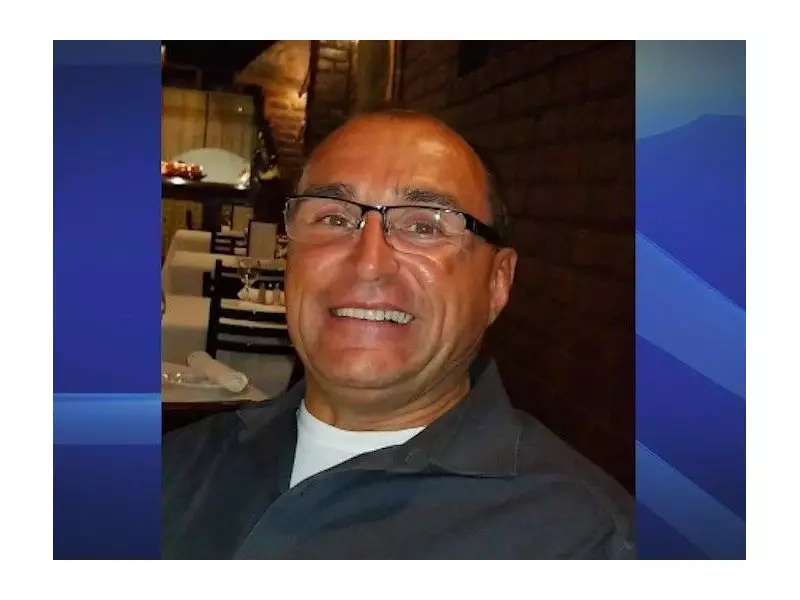
In a stunning case of poetic justice, a Toronto fraudster's elaborate web of deception ultimately became the very trap that sealed his fate. Grant Norton, who orchestrated a sophisticated financial scheme, saw his house of cards collapse when his own false testimony provided prosecutors with the evidence needed for conviction.
The Unraveling Deception
Norton's legal troubles began when authorities uncovered his complex fraud operation targeting multiple victims across Ontario. However, the case took an unexpected turn when the defendant took the stand and presented testimony so riddled with inconsistencies that it became the prosecution's strongest weapon.
"Sometimes criminals become their own worst enemies," observed one legal expert familiar with the case. "When liars can't keep their stories straight, they often provide the rope to hang themselves."
A Self-Inflicted Legal Disaster
Court documents reveal how Norton's testimony contained numerous contradictions and provably false statements. Rather than helping his defense, his words painted a clear picture of guilt that resonated with both the judge and courtroom observers.
The prosecution skillfully used Norton's own statements to demonstrate a pattern of deception that extended beyond the original charges. What began as a defense strategy quickly transformed into a confession-by-another-name.
The Consequences of False Testimony
Legal analysts note that this case serves as a cautionary tale about the dangers of committing perjury. When defendants choose to lie under oath, they not only risk additional criminal charges but often strengthen the case against them.
"The truth has a way of revealing itself," commented a Toronto legal scholar. "When people weave complex lies, they often forget details or contradict earlier statements. In the courtroom, these inconsistencies become glaringly obvious."
Broader Implications for Fraud Cases
This precedent-setting case demonstrates how defendants' own words can become powerful evidence. The Norton conviction may influence how future fraud cases are prosecuted in Ontario courts, with attorneys paying closer attention to testimony consistency.
As Norton faces the consequences of his actions, his case stands as a stark reminder that sometimes the most damning evidence comes not from investigators, but from the perpetrators themselves.





